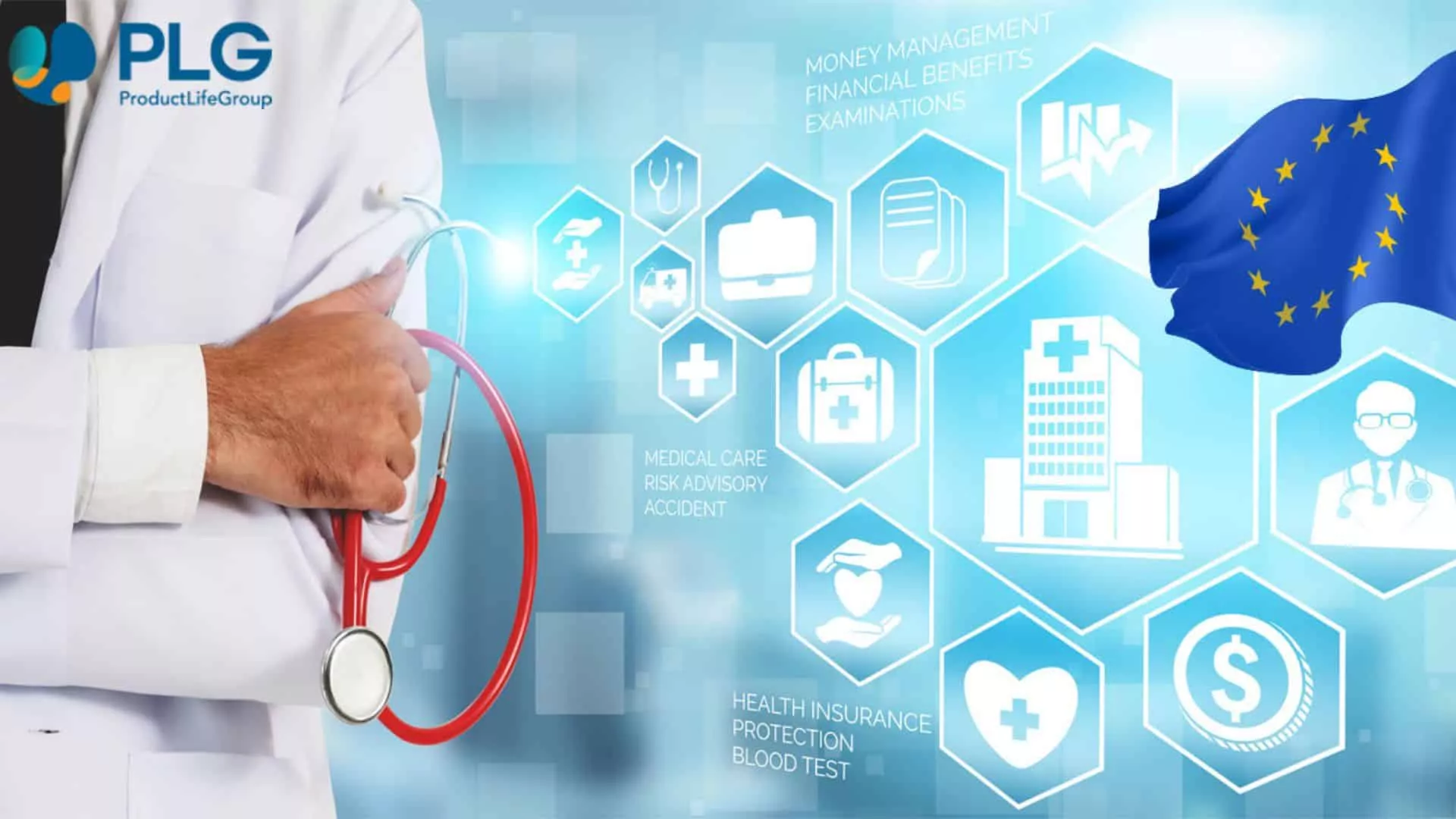
Market Access: Implications of the regional convergence trend on Biopharma and MedTech
10 may 2023

On April 12th 2023, BeNeLuxA [1] Announced that the negotiations have failed to secure reimbursement for Libmeldy, a gene therapy developed by Orchard Therapeutics to treat metachromatic leukodystrophy, on the grounds of price. As a result, the initial application to NICE was also rejected in the UK in 2020. This is a huge disappointment for patients and illustrates the convergence trend in Europe regarding access to medicinal products. This trend materialises in many areas of market access, with transformative implications for pharma and device manufacturers. At a high level, this makes organising, planning, and decision-making more complex for pharma since country-level expertise is still critical to navigate areas entrenched in national health systems, with regional coordination more critical than ever.
The converging trend in market access in Europe
We observe a converging trend impacting the evolving landscape of market access in Europe, with three examples of how it manifests:
From January 2025 [2], for Advanced Therapy Medicinal Products (ATMPs) [3] and Oncology products, the first step of the health technology assessment, the clinical benefit assessment, must be conducted jointly per a permanent EU framework. This new regulation differs from previous cooperation programs on HTA because the framework is permanent. That means this regulation paves the way for the broader application of centralised approaches, e.g. broader therapy areas and technologies.
Another area where the convergence trend is strong is the future harmonisation for Digital health: Since the adoption and reimbursement of digital health are progressing at different paces across the EU, driven notably by Germany, there is a European impetus to address a growing gap in access to digital health and care, impacting notably medical devices and technologies manufacturers. [4]
A third manifestation of this convergence is the launch of the DARWIN coordination centre to support the integration of real-world evidence into the assessment of medicines. The DARWIN EU’s objectives for 2023 focus on its role as a research and data node and specifically on increasing its collaboration with HTA[5] bodies and payers, which will change how real-world evidence is used for access purposes.[6]
As the trend impacts medicines, digital technologies, and data, the implications are material for our clients, both MedTech and pharma; they include :
- An increased need to coordinate market access activities and clinical development plans as the selection of comparators and outcomes in development programs will be even more critical in a system where regional assessment is mainstream
- A need to plan even earlier market access activities since the clinical assessment dossiers will have to be submitted ahead of the Committee for Medicinal Products for Human Use (CHMP) decision
- A change in the dynamics for global Integrated Evidence Generation planning since timelines have shifted and EU countries are aligned for this clinical assessment
Country-driven activities need more specific market access expertise.
Pricing and reimbursement in Europe are still a domain of national sovereignty, requiring local engagement with authorities and meeting their specific expectations of health economic data supply. Additional activities critical to market access, such as mechanisms to support the adoption of innovation, are also driven at the country or sub-country level: Early Access Programs and Alternative funding sources.
Early Access Programs (EAPs) aim to ensure a continuous supply for patients enrolled in trials until the product becomes authorised in their country. The concept has been expanded to additional benefits, such as broadening access for patients who need timely access. It is also an opportunity for patients, clinicians, and manufacturers to learn more about their products before the launch.
Despite similar mechanisms across countries, EAPs frameworks are in constant evolution, which has implications for our clients:
- The need to navigate the changing regulatory requirements of EAPs and coordinate planning with market access activities
- The need to consider the option to collect real-world evidence, a possible enabler of future successful market access, with implications for regional and global coordination.
While public and private payers’ pricing and reimbursement are still the keystones for access to medical products, many countries have devised alternative funding sources to enable the adoption of innovation in health, such as the AHSNs (Academic Health Science Networks) across England or the French Article 51. Each source and fund has its setup within different health systems, and they have different inclusion criteria. Nevertheless, they are attractive for innovators, even though most pharmaceutical and medical device manufacturers can only seek funding for their products as part of a broader care innovation, such as a transformed care pathway. Alternative funding sources can be instrumental to the timely adoption of innovative medical solutions. Yet, they represent additional challenges for our clients, including the emerging need for manufacturers to demonstrate their impact on a health budget and the opportunity the products represent to change the system.
At ProductLife Consulting, we view this tug-of-war between convergence driven at the European level and the entrenched areas of national sovereignty as a challenge for our clients, which we believe will intensify shortly, which means our clients will need regional and national expertise support in market access
For information on what ProductLife Consulting, part of the ProductLife Group can offer you, please get in touch with us here.
Our clients can benefit from our local and regional expertise. In addition, we will be happy to support you in your national and European market access programs.
[1] an initiative involving health services in Belgium, the Netherlands, Luxembourg, Austria and Ireland
[2] https://health.ec.europa.eu/health-technology-assessment/regulation-health-technology-assessment_en
[3] medicines for human use that are based on genes, tissues or cells
[4] European Taskforce for Harmonised Evaluation of DMDs launched in 2022
[5] Health Technology Assessment
[6] DARWIN EU® has completed its first studies and is calling for new data partners, March 2023, EMA website
Register to our news and events
Go to our Events to register
Go to our News to get insights
